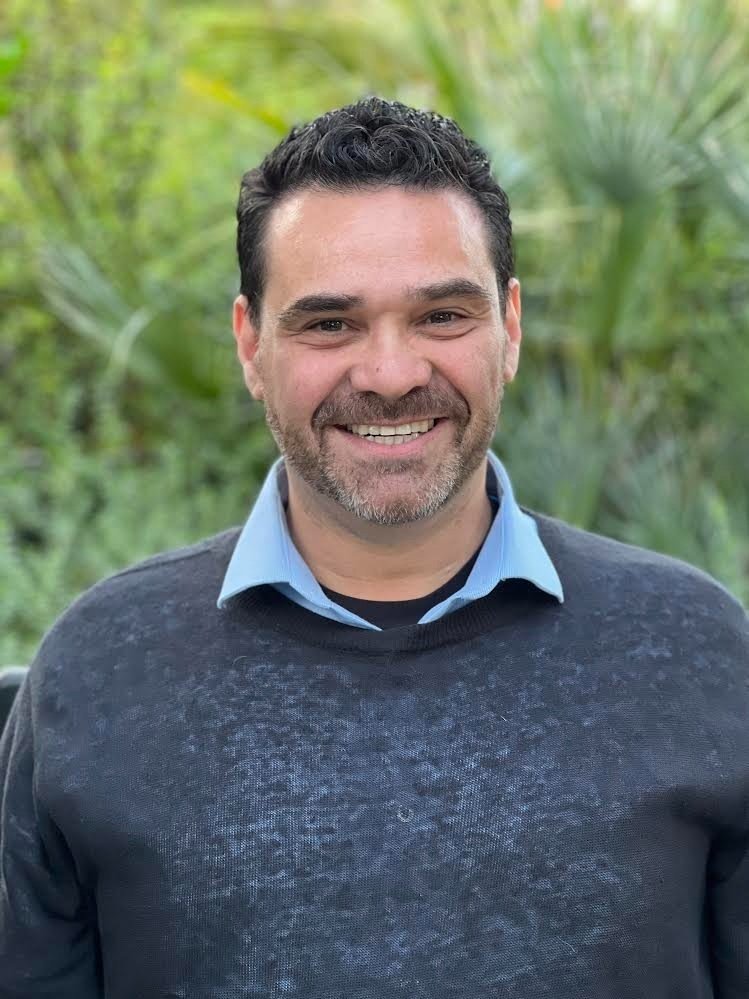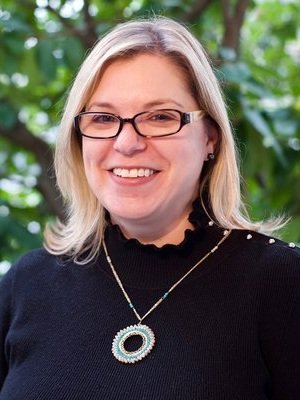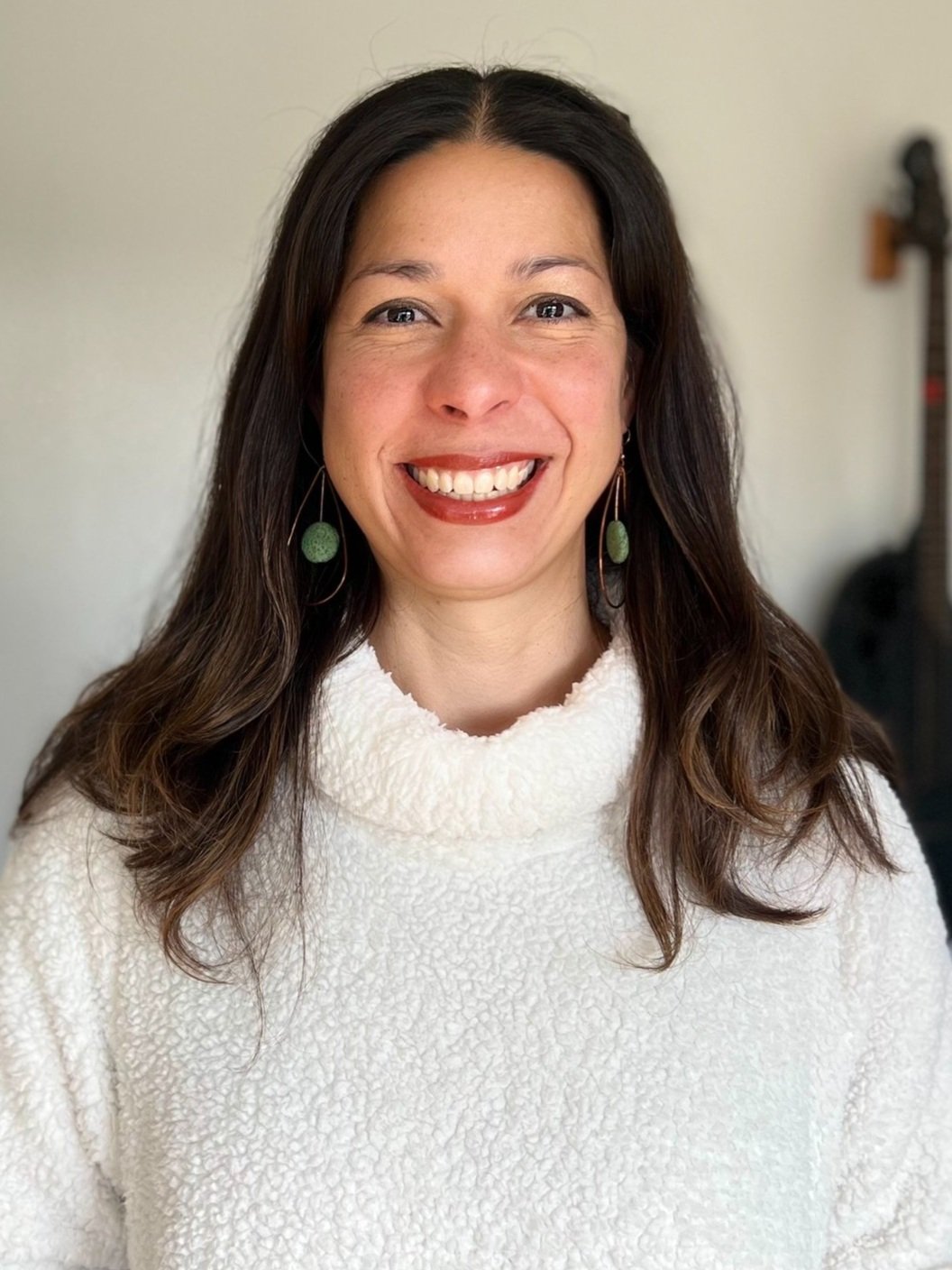
Our Services are Changing
All new potential clients are being directed to our clinician's private practices or the IFS Institute's Directory.

Marshall Huggins
California
Learn more at marshallhuggins.com or reach out to marshalljhuggins@gmail.com or (442) 999-4920
Jorge Martin
California
Learn more at jmartintherapy.com or reach out to jorge@jmartintherapy.com or (424) 218-9121.
Calle Wieg
California
Learn more by contacting Calle at callewieglmft@gmail.com or (559)760-7463
Stephen Toriello
California & Massachusetts
Learn more at stephentoriello.com or reach out to connect@stephentoriello.com or (413) 203-9326
Kristina Shimokawa
California & Hawaii
Learn more at Psychology Today or reach out to kshimokawa.lmft@gmail.com
Nancy Edenfield
California, Virginia, Michigan & Florida
Learn more by contacting Nancy at nancyedenfieldlmft@gmail.com or 757-541-8582
Jill DePass
California
Learn more by contacting Jill at jill.m.depass@gmail.com
Ashley Thompson
California & Wisconsin
Learn more at ashleythompsontherapy.com or reach out to ashley@ashleythompsontherapy.com or (414) 214-0463
Victoria Eagle
California
Learn more by contacting Victoria at drvictoriaeagle@gmail.com or 831-291-3815 or visit her website: drvictoriaeagle.com
Meghan Lincoln
New York & Virginia
Learn more at meghanlincolntherapy.com or reach out to meghan@meghanlincolntherapy.com or (845) 580-2291
Barbara Wall
New York
Learn more at holdingthelightcounseling.com or reach out to barbara@holdingthelightcounseling.com or 518-306-4500
Stefani Misiph
Massachusetts & Florida
Learn more at themisiphcenter.com or 561-437-6641
Peggy Rost
Oregon, Maine, & Florida
Learn more at innermooringtherapy.com or reach out to PeggyRostLCSW@gmail.com
Zila Phillips
Oregon & Florida
Learn more at zilaphillipstherapist.com or reach out to zilaphillips@gmail.com or 541-420-9458
Amber Langer
Oregon & Florida
Reach out to 541-414-3349
Mieke Kohl
Massachusetts
Reach out to Breathe.peace.sw@gmail.com. or (413) 369-3100
















